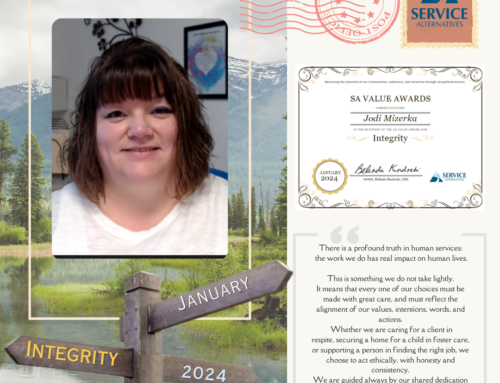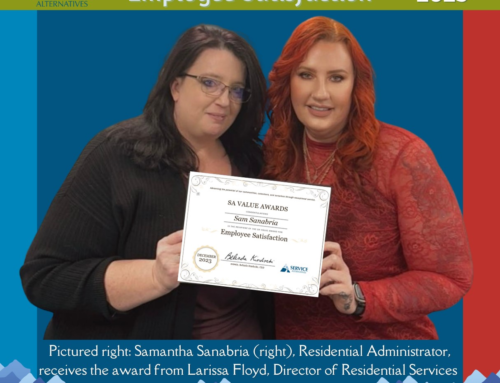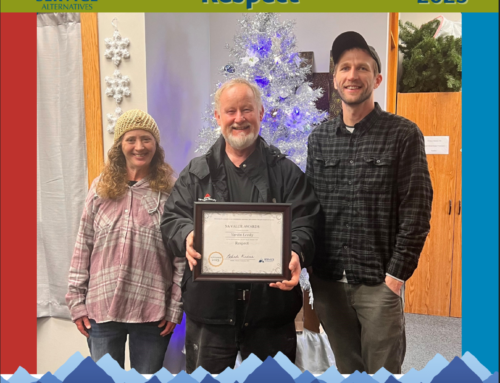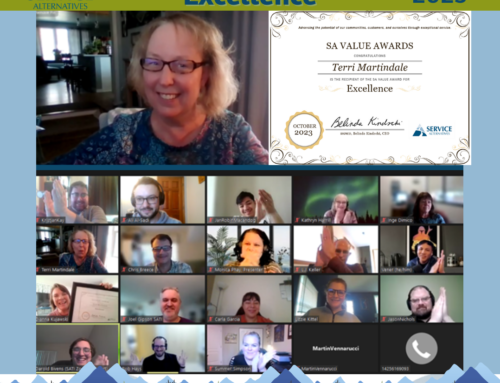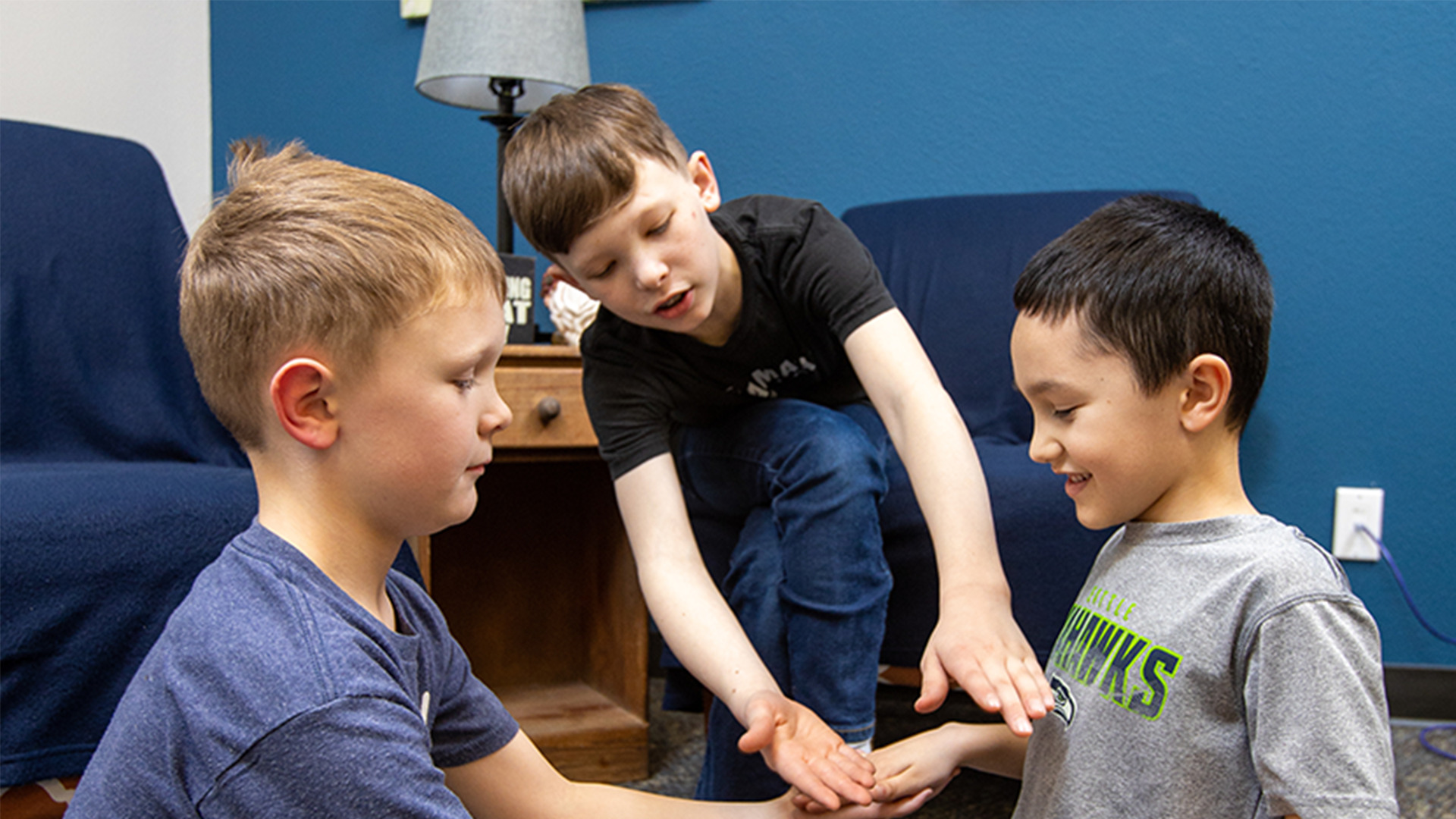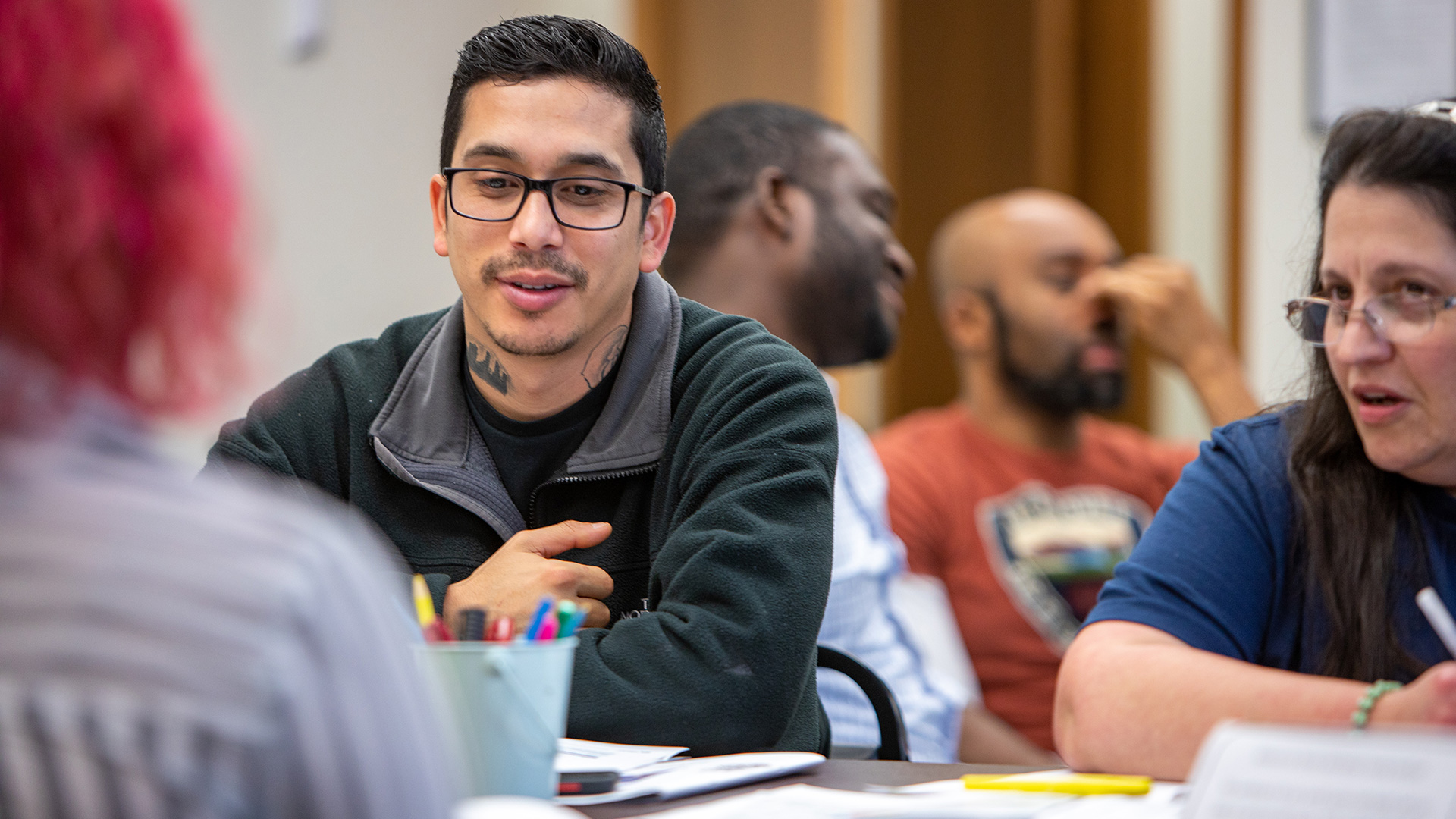When you examine the lives of history’s most creative figures, you are immediately confronted with a paradox: they organize their lives around their work, but not their days.
Figures as different as Charles Dickens, Henri Poincaré, and Ingmar Bergman, working in disparate fields in different times, all shared a passion for their work, a terrific ambition to succeed, and an almost superhuman capacity to focus. Yet when you look closely at their daily lives, they only spent a few hours a day doing what we would recognize as their most important work. The rest of the time, they were hiking mountains, taking naps, going on walks with friends, or just sitting and thinking. Their creativity and productivity, in other words, were not the result of endless hours of toil. Their towering creative achievements result from modest “working” hours.
Many of us are interested in how to work better, but we don’t think very much about how to rest better. Even more problematic, we think of rest as simply the absence of work, not as something that stands on its own or has its own qualities.
However, work and rest are not polar opposites. You cannot talk about rest without also talking about work. Rest is not work’s adversary. Rest is work’s partner. They complement and complete each other. Further, you cannot work well without resting well. Again, some of history’s most creative people, people whose achievements in art and science and literature are legendary, took rest very seriously.
Constant work and distractions tire us and leads to burn you out which taxes our insula, a part of your brain that regulates attention. The insula activates when you switch your attention from one task to another – checking your phone in the middle of a meeting, for example. If you’re working too hard, or attending to too many tasks at once, your insula burns out. It can’t regulate your attention well, and you have trouble focusing. Studies at Stanford and McGill suggest that the massive flow of inconsequential information you take in every day taxes your insula and leaves you struggling to focus.
How to make your rest more efficient
Slowing down now and then gives your brain a rest, and building down time into your day can actually help you get more done than you would if you were overworking yourself. Relaxing can:
- Boost productivity
- Build creativity
- Sharpen memory
- Improve reaction time
- Foster happiness
Let your mind wander
Jonathan Schooler, a pioneer researcher of daydreams and mind wandering at UC, Santa Barbara, has shown that people who daydream do better on tests and that daydreaming increases creativity. Schooler takes “dream walks” regularly: for 20 minutes, two times per week, he takes a walk and allows himself to daydream. You can try it too. Walk around lost in your thoughts now and then. Let your mind wander – you might be surprised by what it brings you. Albert Einstein envisioned himself running along a light wave—a dream that led to his theory of relativity.
Meditate
Meditation decreases excessive brain activity. It also increases alpha brain waves that are associated with creativity and relaxation.
- Regular meditation calms down signaling between your medial prefrontal cortex and insula, relieving feelings of fear, anxiety, and stress and allowing you to address them from a more rational perspective.
- At the same time, meditation strengthens the connection between the dorsomedial prefrontal cortex and the insula, increasing your empathy and facilitating positive interaction with those around you.
Take a walk-in nature
An interesting new study on the physical and mental effects of the brain being in nature reveals the positive benefits of walking in nature, even if it’s a city park. The study volunteers found that they did not dwell on the negative aspects of their lives. Try walking among the trees if you’re feeling worn out. Bonus points if you daydream on the walk, too.
Upgrade your sleep
Quality sleep is one of the most fundamental means to improve brain function. Forty-eight percent of American report that they’re sleep deprived. Improved sleep is one of the most important ways to reenergize and sustain focus.
We’re taking the rest of 2017 to focus on rest as well, you’ll hear from us again at the start of 2018!




